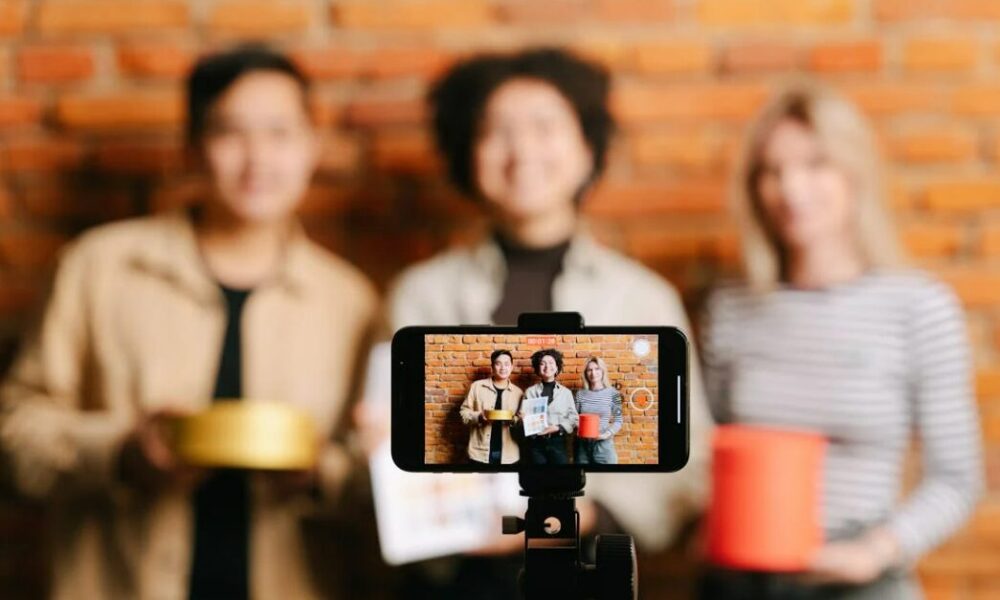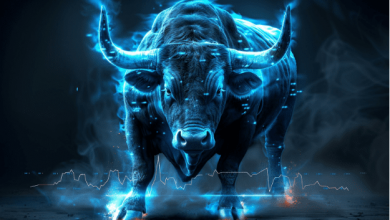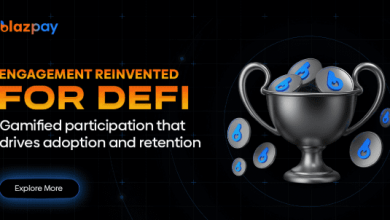Influencer Marketing Meets AI: Inside the Tech-Driven Transformation of a $21 Billion Industry

Influencer marketing has grown into a $21 billion global industry, but its next phase won’t be defined by follower counts or viral trends alone. It’s being reshaped by artificial intelligence.
As marketing budgets become more performance-focused and content ecosystems grow increasingly complex, AI is emerging as the backbone of modern influencer strategy. No longer limited to spreadsheets and subjective decisions, brands are turning to intelligent systems that bring automation, insight, and scale to a discipline once ruled by intuition.
This shift marks a defining moment in how brands and creators collaborate—signaling the rise of a more data-driven, technology-powered approach to storytelling and customer acquisition.
The New Demands of Influencer Marketing
In the early stages of influencer marketing, campaigns were largely built on visibility. Brands partnered with creators based on aesthetic, reach, or perceived influence. Performance metrics were limited, and long-term strategic alignment was rarely prioritized.
Today, the stakes are different. Influencer campaigns must now deliver on business goals—ranging from conversions and customer retention to content generation and brand equity. This new demand for accountability has pushed marketers to find ways to evaluate, manage, and scale influencer partnerships more intelligently.
AI is filling that need.
Where AI Is Making the Biggest Impact
Discovery Beyond Surface Metrics
One of the first areas where AI has delivered value is in influencer discovery. Traditional search methods required hours of manual screening and guesswork. Now, AI-powered platforms can analyze millions of profiles in minutes, surfacing creators based on deep criteria like audience overlap, engagement authenticity, niche alignment, and even past content performance.
This means brands can quickly identify creators whose audience not only looks right on paper—but behaves in a way that aligns with campaign goals.
Predictive Performance Modeling
Artificial intelligence can also predict the likely outcome of a campaign before it begins. By analyzing historic data on influencers, audience behavior, and industry trends, AI tools can estimate reach, click-through rates, and even conversion likelihood.
These predictive models help marketers:
- Set more realistic KPIs
- Allocate budgets with greater confidence
- Choose influencers not just by brand fit but by expected ROI
This layer of intelligence allows brands to shift from reactive to proactive campaign planning.
Optimization in Real Time
With live access to performance data, AI-enabled systems can make real-time recommendations once a campaign is running. For example, algorithms might suggest re-allocating budget to high-performing creators, changing posting schedules to match peak engagement windows, or reformatting content to improve interaction.
This ongoing feedback loop ensures that campaigns stay agile—adapting to audience behavior as it happens, rather than relying on post-campaign analysis.
Authenticity and Fraud Detection
AI has also proven invaluable in spotting fraud—a growing concern as some influencers inflate metrics through fake followers or engagement pods. AI can flag unusual spikes in activity, detect bot-driven engagement, and assess audience quality based on location and behavior patterns.
This gives brands the ability to invest confidently, avoiding partnerships that could harm campaign effectiveness or brand reputation.
Strategic Briefing and Content Evaluation
Some AI tools now help brands write more effective creative briefs based on historical campaign data and audience insights. Others use machine learning to evaluate influencer content before it’s published, identifying whether tone, style, or structure aligns with high-performing assets from past campaigns.
Rather than standardizing creativity, these tools enhance it—helping creators maintain their voice while aligning with brand strategy.
Tools Leading the Shift
A growing wave of marketing platforms is embedding AI as a core function—not just as an add-on. These tools don’t just manage workflows; they guide them.
In the influencer space, platforms like Hypefy are helping brands discover, evaluate, and manage creators through a centralized system that incorporates AI into discovery, forecasting, and reporting. As an influencer hiring platform, Hypefy allows marketers to scale campaigns more efficiently without sacrificing strategy or control.
Beyond influencer-specific platforms, AI is also powering tools for social listening, customer segmentation, automated content generation, and competitive benchmarking—each of which supports smarter influencer strategies.
Why the Human Element Still Matters
Despite the capabilities of AI, influencer marketing remains a relationship-driven discipline. While AI can guide selection, predict outcomes, and flag red flags, it cannot replicate the emotional nuance, cultural understanding, or brand intuition that human marketers and creators bring to the table.
Influencer campaigns still require:
- Creative alignment between brand and creator
- Strategic messaging tailored to campaign objectives
- Storytelling that connects with real human emotion
- Ethical oversight and sensitivity to cultural context
The most effective strategies will be those that combine AI’s precision with human insight—leveraging data to inform decisions, not dictate them.
A New Standard for Strategy
As influencer marketing continues to mature, AI isn’t just improving how campaigns are run—it’s redefining what success looks like. The ability to pair authentic storytelling with real-time optimization, predictive planning, and audience intelligence creates a more accountable, scalable, and results-driven model.
For tech-forward brands and marketers, this shift isn’t optional. It’s the new standard.
AI won’t replace the creativity or relationships at the core of influencer marketing—but it will ensure those elements are supported by strategy, speed, and data. In a space evolving as quickly as digital culture itself, that combination may be what separates the best campaigns from the rest.

Source: Influencer Marketing Meets AI: Inside the Tech-Driven Transformation of a $21 Billion Industry


